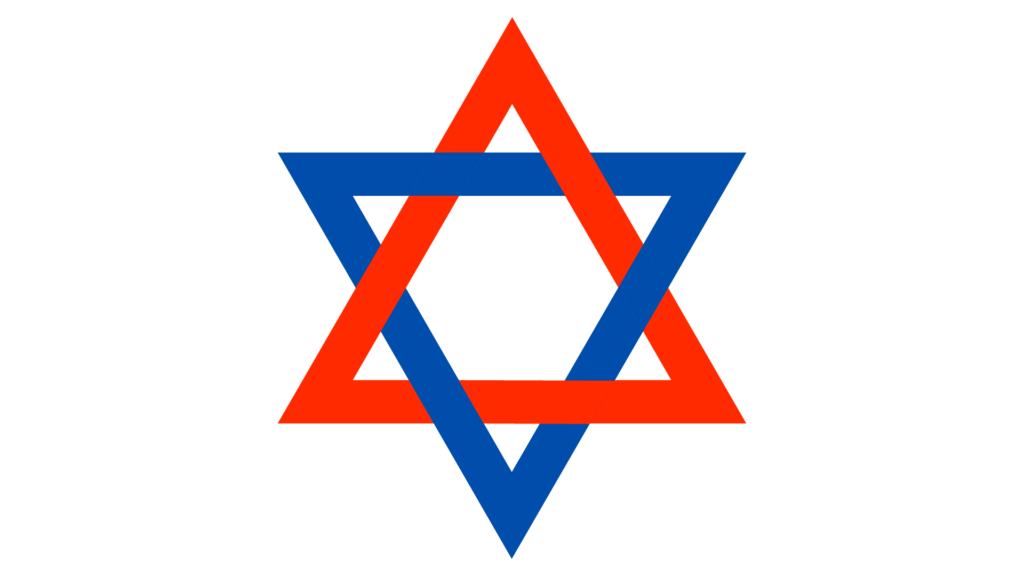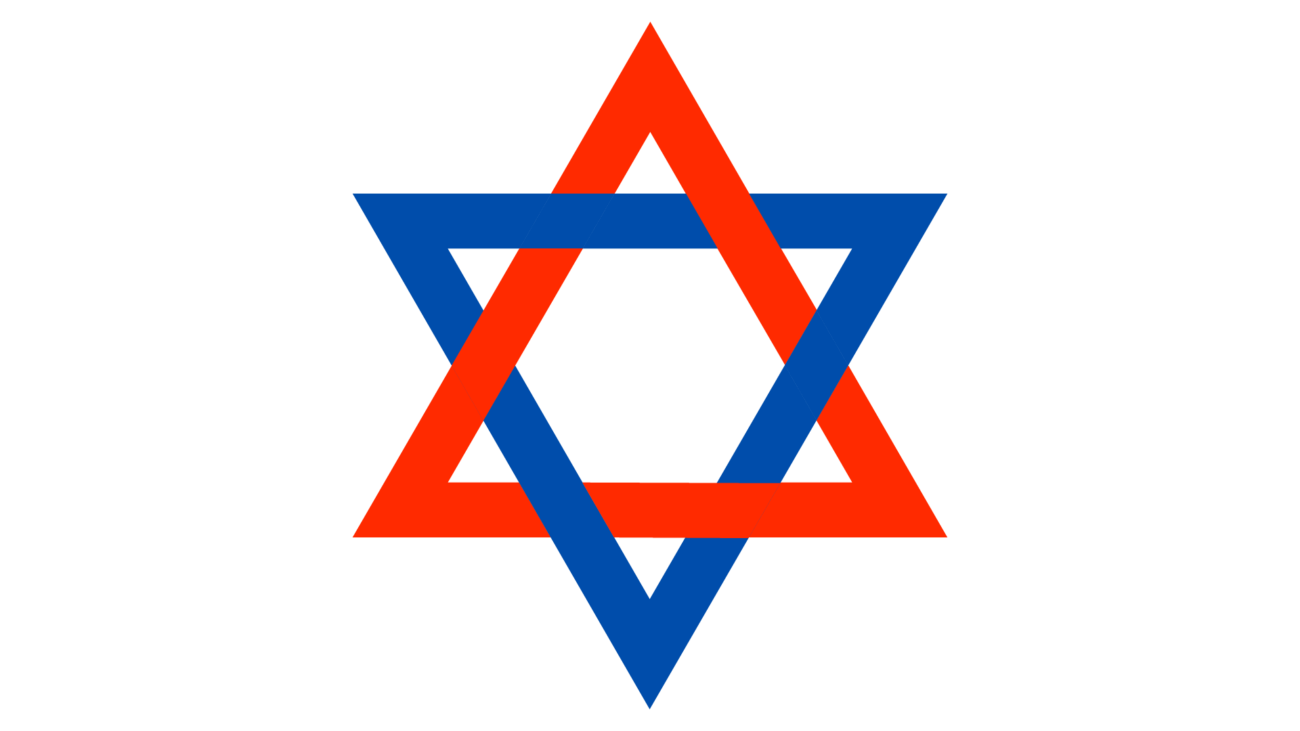
One of the distinguishing features of ancient magic is the view of the universe as a living whole in its own right: what is called a “cosmos” or a “macrocosm”. Things are not just mechanically related to one another but tend toward higher purposes, the highest of those purposes being the metabolism of the whole.
There are no isolated individuals in such a world. We are all organs of this more fundamental cosmic organism—or, if you prefer, of a divine order of things. The magician plays a special role in this divine order. They are not simply a miracle-worker or healer. They are also responsible for assuring that the divine is firmly anchored in this world, so that the cosmological metabolism may continue.
One implication of this is that not just anyone can become a magician. Magic is not principally a set of techniques you pick up and apply to an otherwise pliable substrate. One must be selected for such work. The work itself cannot be carried out just as one wishes—unless one wishes to offend the gods. Another implication is that one experiences the macrocosm as an undeniably vast, awesome, even terror-inspiring entity that dwarfs the individual—and yet at the same time, there is the recognition that we are somehow essential to this whole. Without the magician there to anchor the divine in this world, the divine would not exist.
Crowley’s idea of true will could be viewed as an attempt to reestablish this ancient idea on a more modern footing. The true will of a person is not their freedom of choice to do this or that. That’s what Crowley calls “do what you want”. Your true will is the role you are predestined to play in the universe. It’s your karma, which means that it is irreducibly relational. There is no meaning to your will outside of the particular way of relating with the rest of the universe and the other stars in it—meaning, there is no way to get rid of “accidents” such as embodiment, the family and culture you happen to be born in, the state of the country and the world you find yourself in, and all the problems of human relatedness. All of it needs to be worked with skillfully, a work Crowley generalized with the term “magick”.
This is why Crowley says you have to discover your true will, accept it, and live in accordance with it, not attempt to invent it. It’s the attempt to invent ourselves according to preconceived ideas of what a person should be that leads to all the trouble in life. Instead you need to learn the nature and powers of your own being and how they express themselves in relation to the rest of reality, and learn to serve that microcosmic function to the best of your ability.
The attempt to jettison the macrocosm and to make magic all about “doing MY will” (as though “I” own the will rather than the will owning or expressing itself through “me”) in abstraction from a higher, preordained purpose—or the attempt to define “truth” purely in terms of what I find “useful”—is basically what Crowley means by the Left-Hand Path. The person who follows that path of radical individualism or subjectivism abstracted from the purpose of the whole is the Black Brother, who is the antithesis of the Saint. The Black Brother thinks they have a will; reality is what they will it to be. The Saint has come to understand the reverse: the will has created a temporary, imperfect self so that it may experience the perfection of existence. The Saints understands themselves as instruments of that higher reality.
